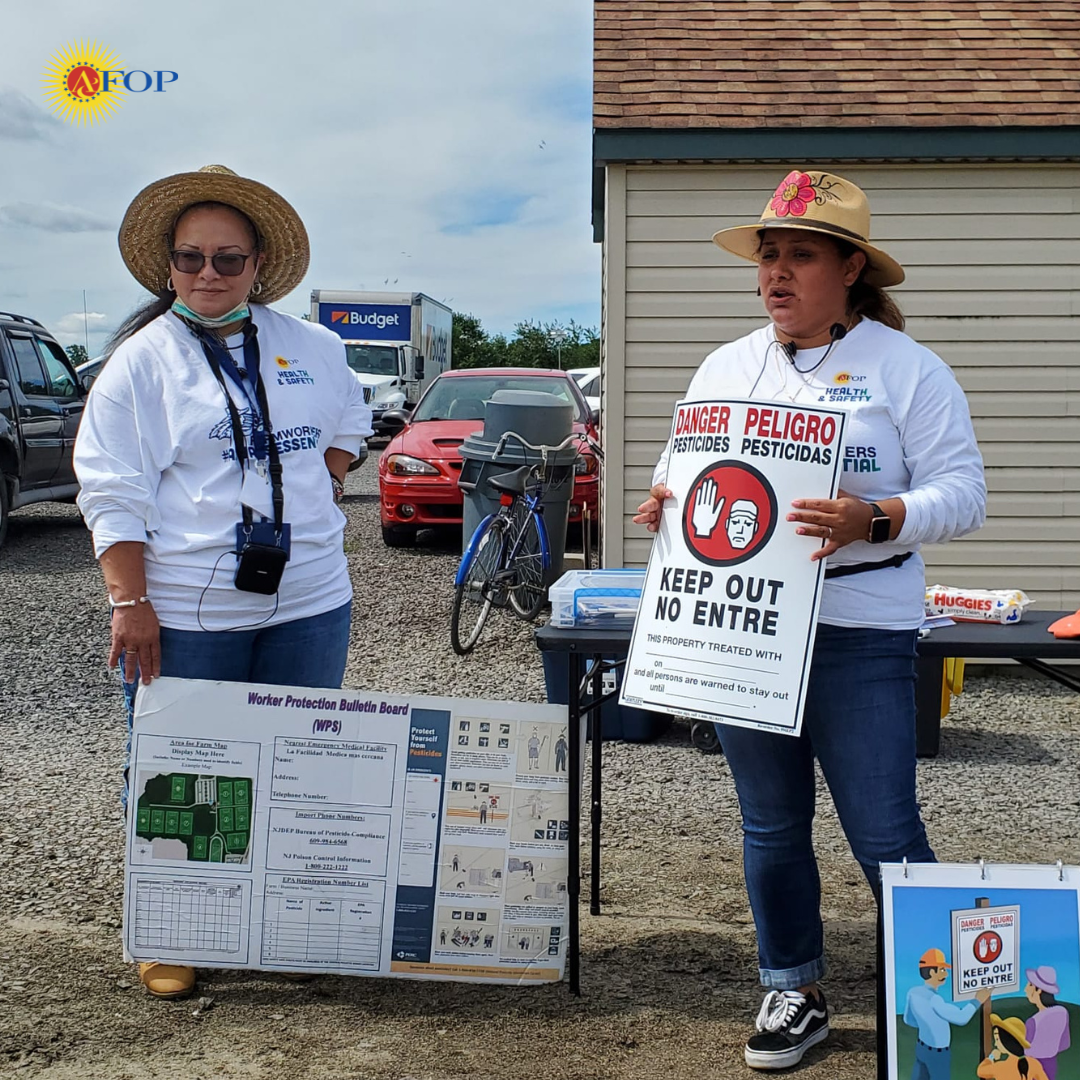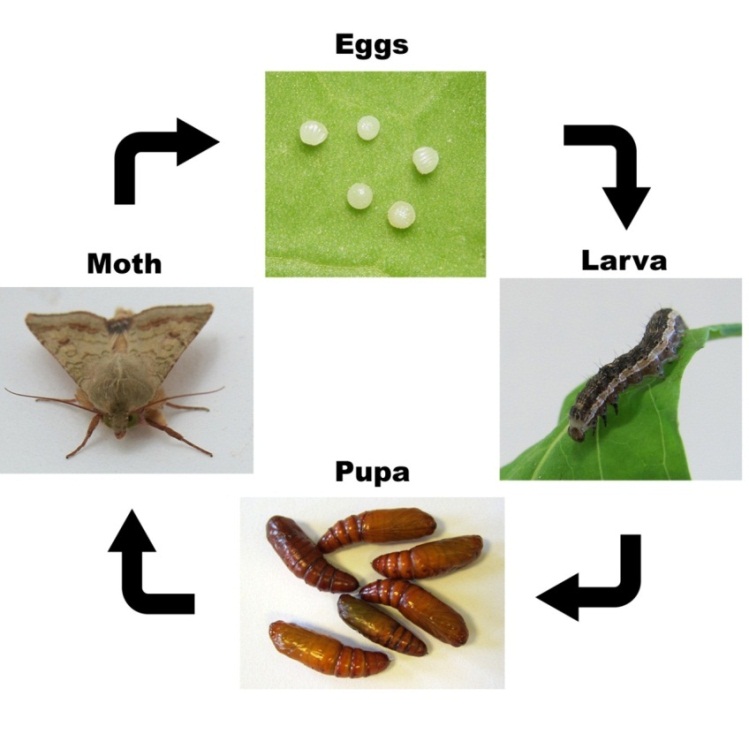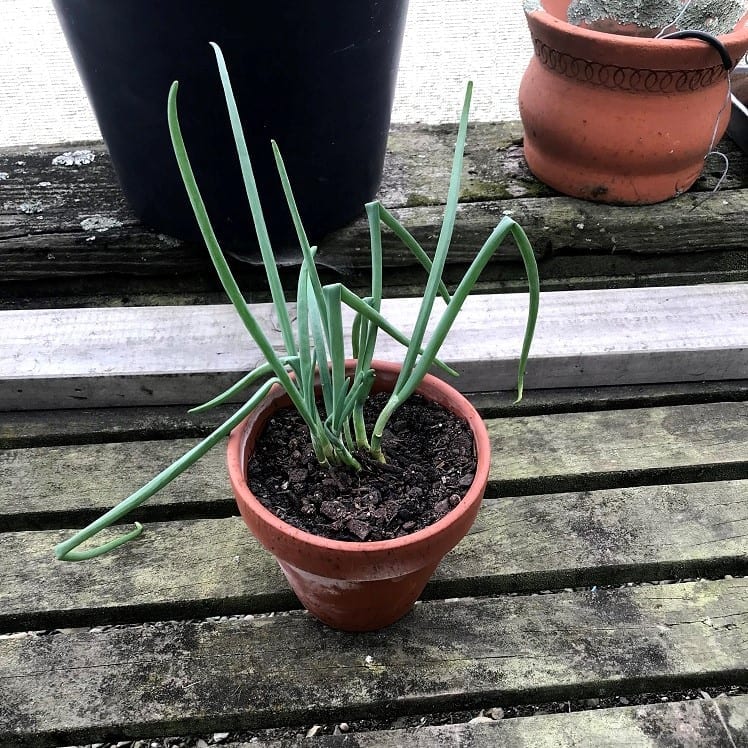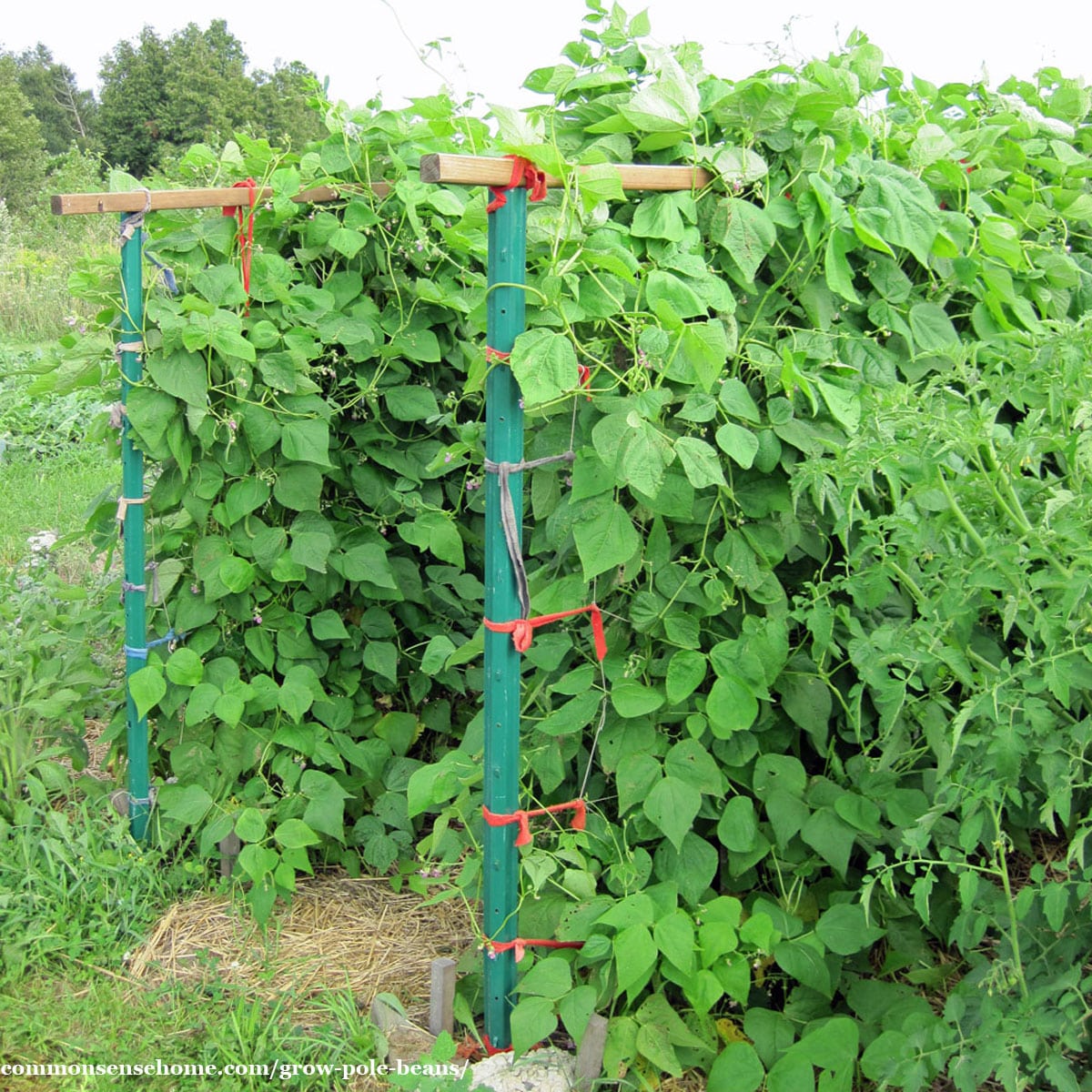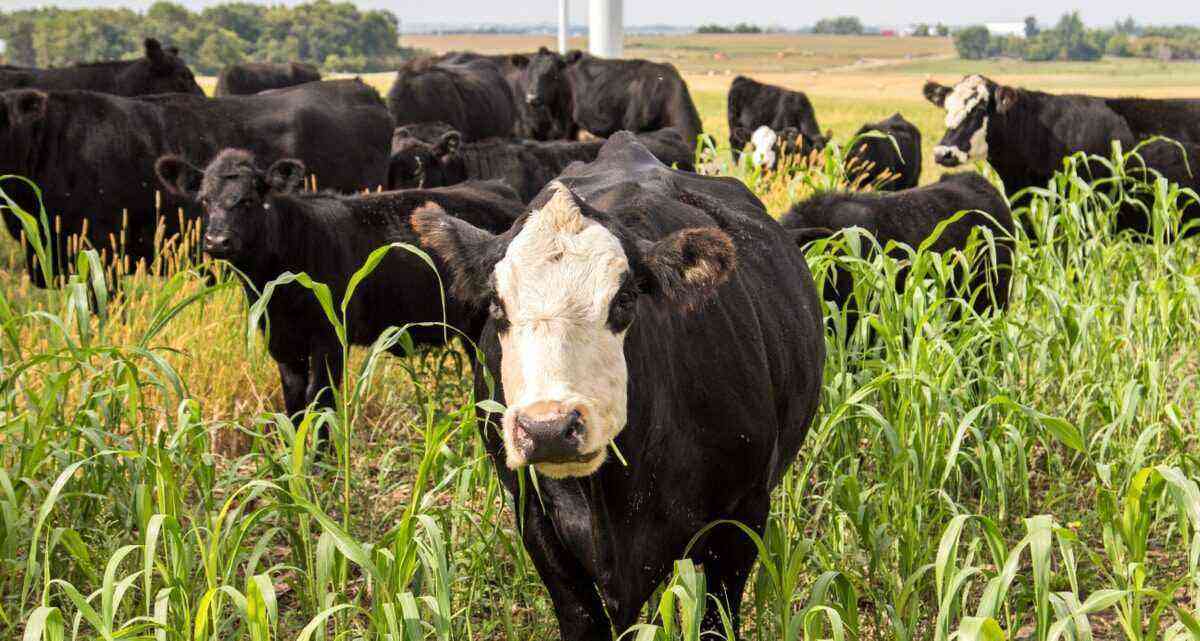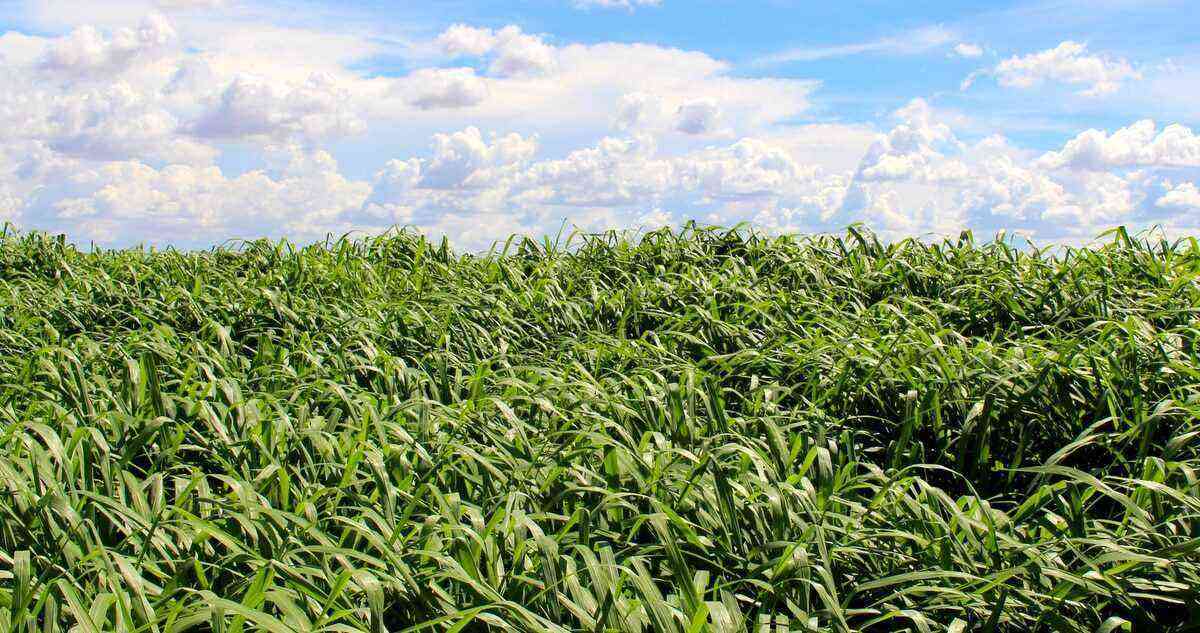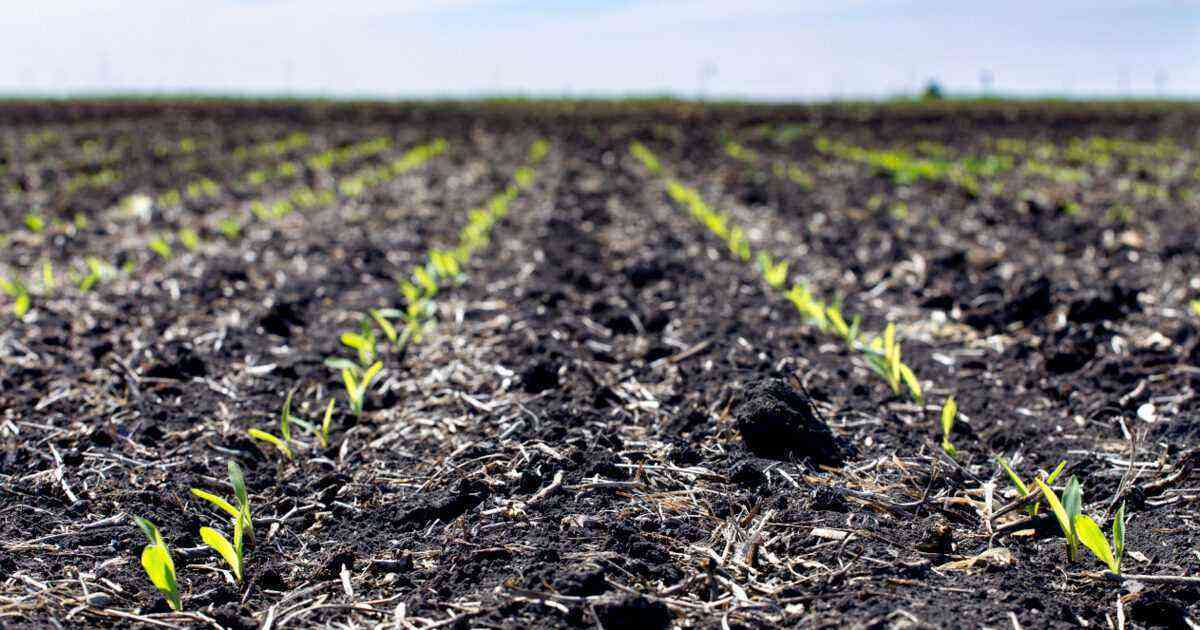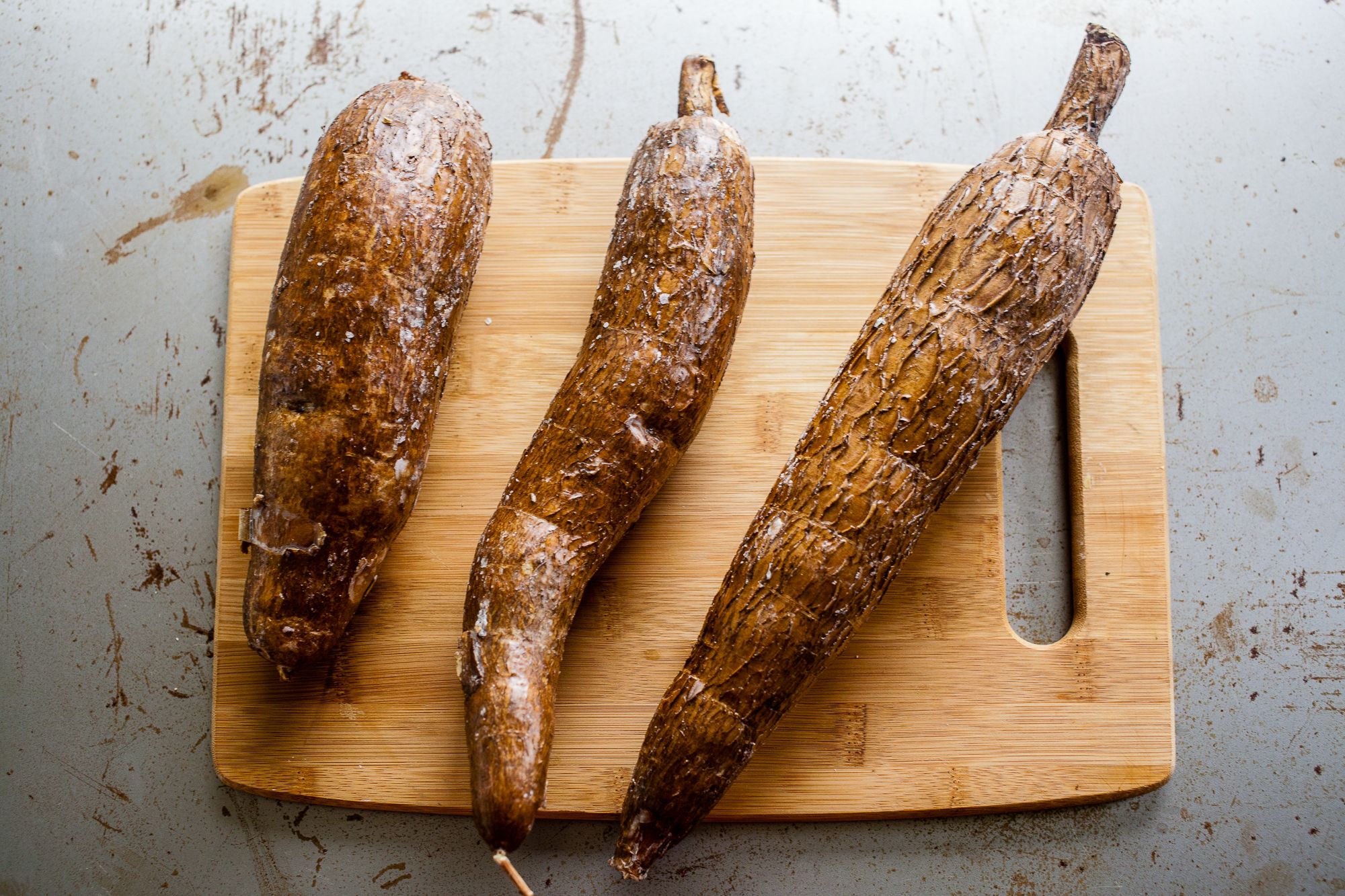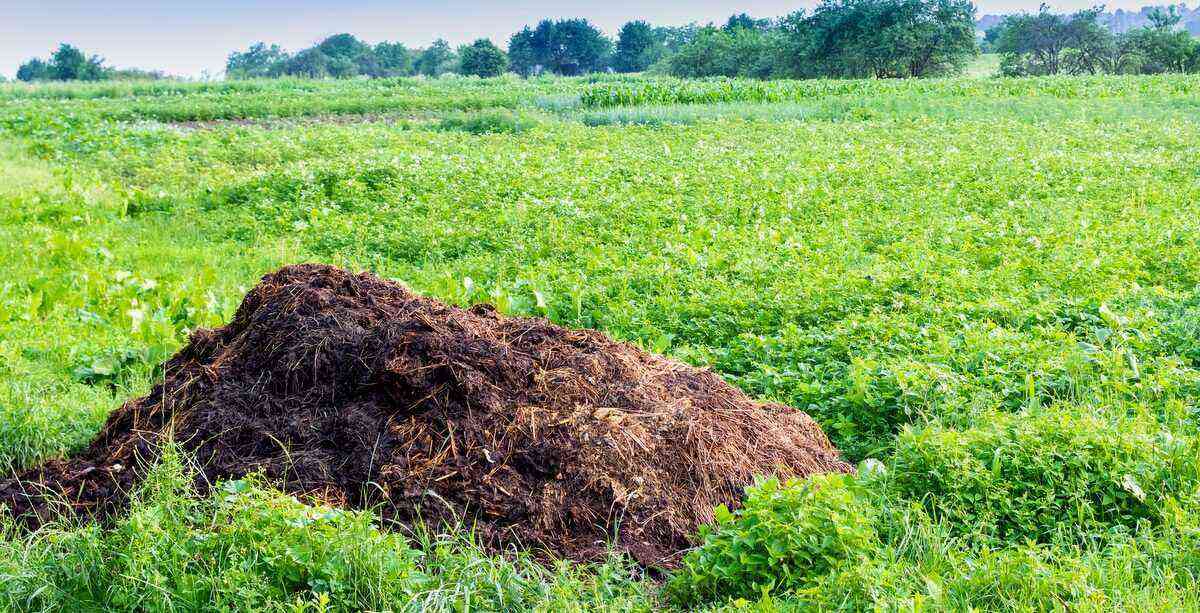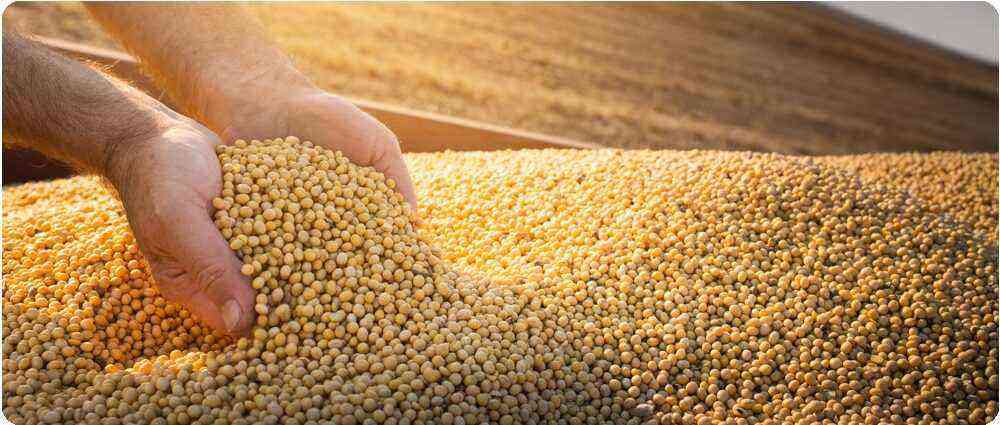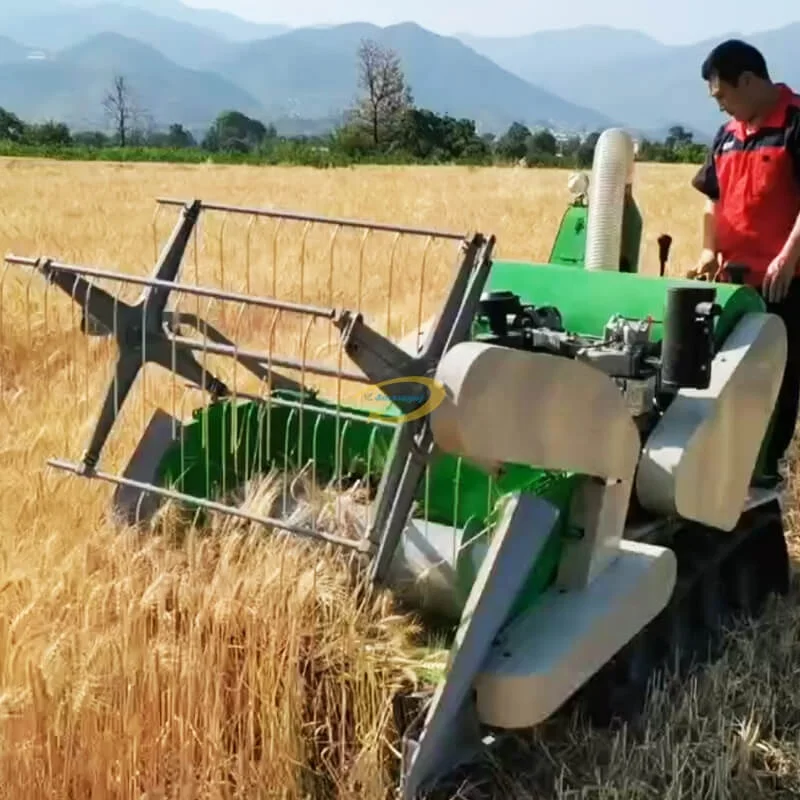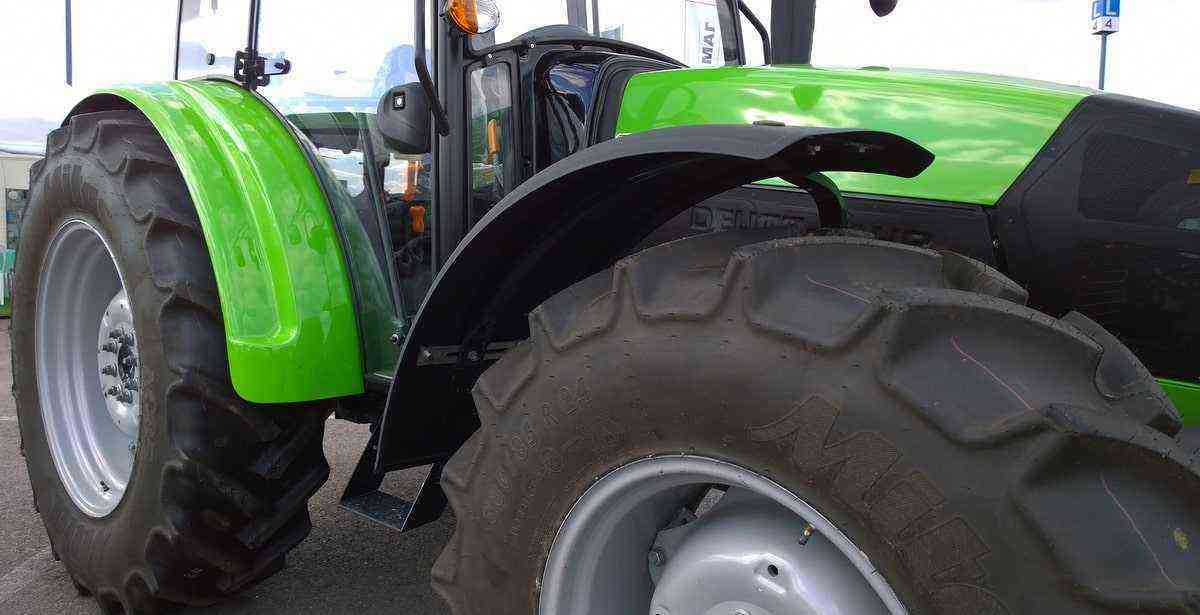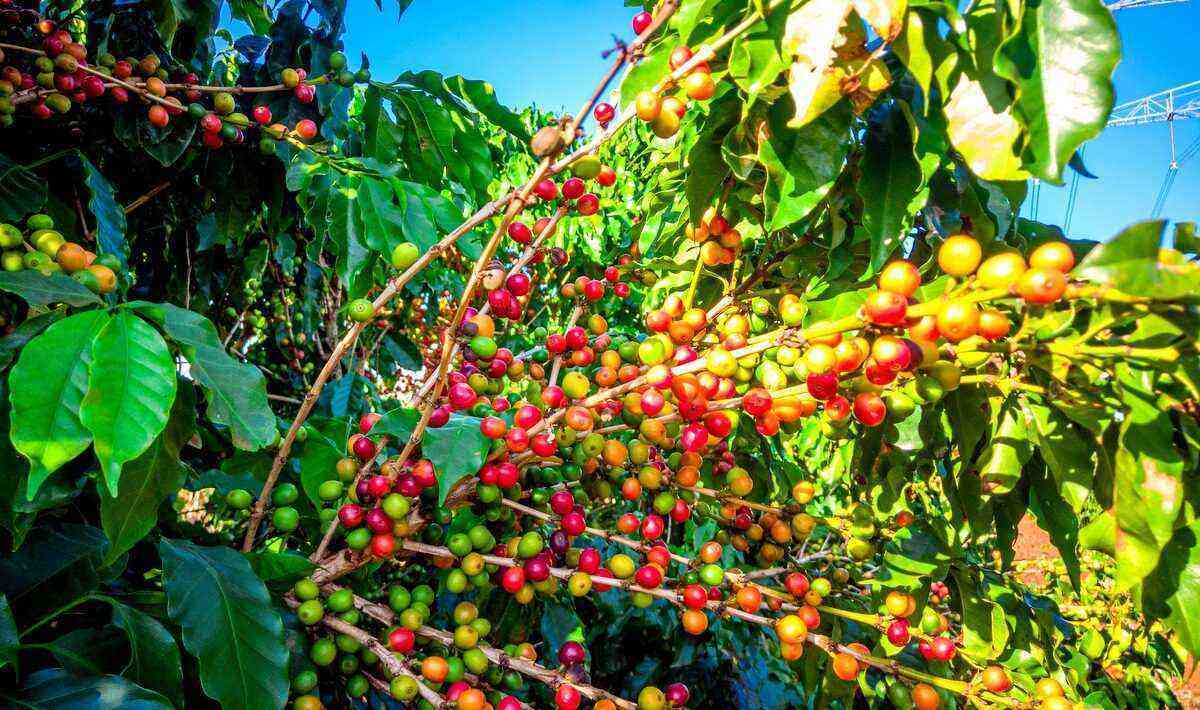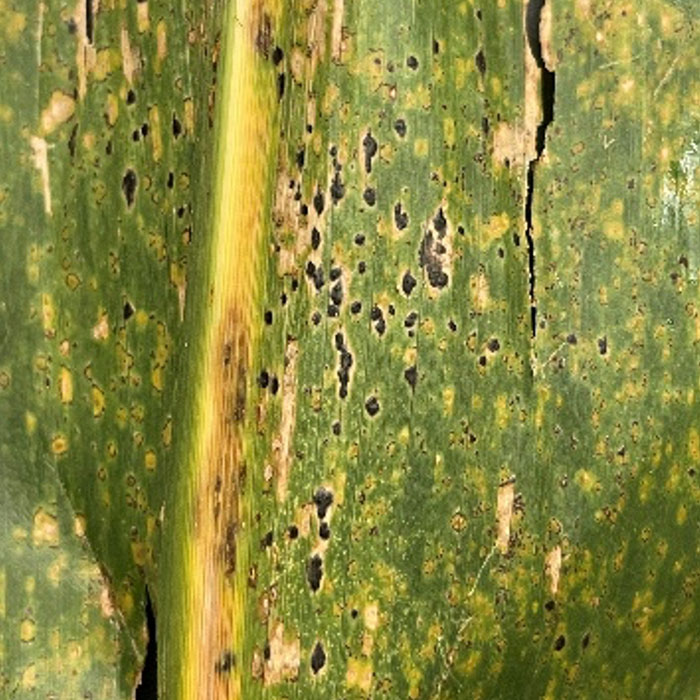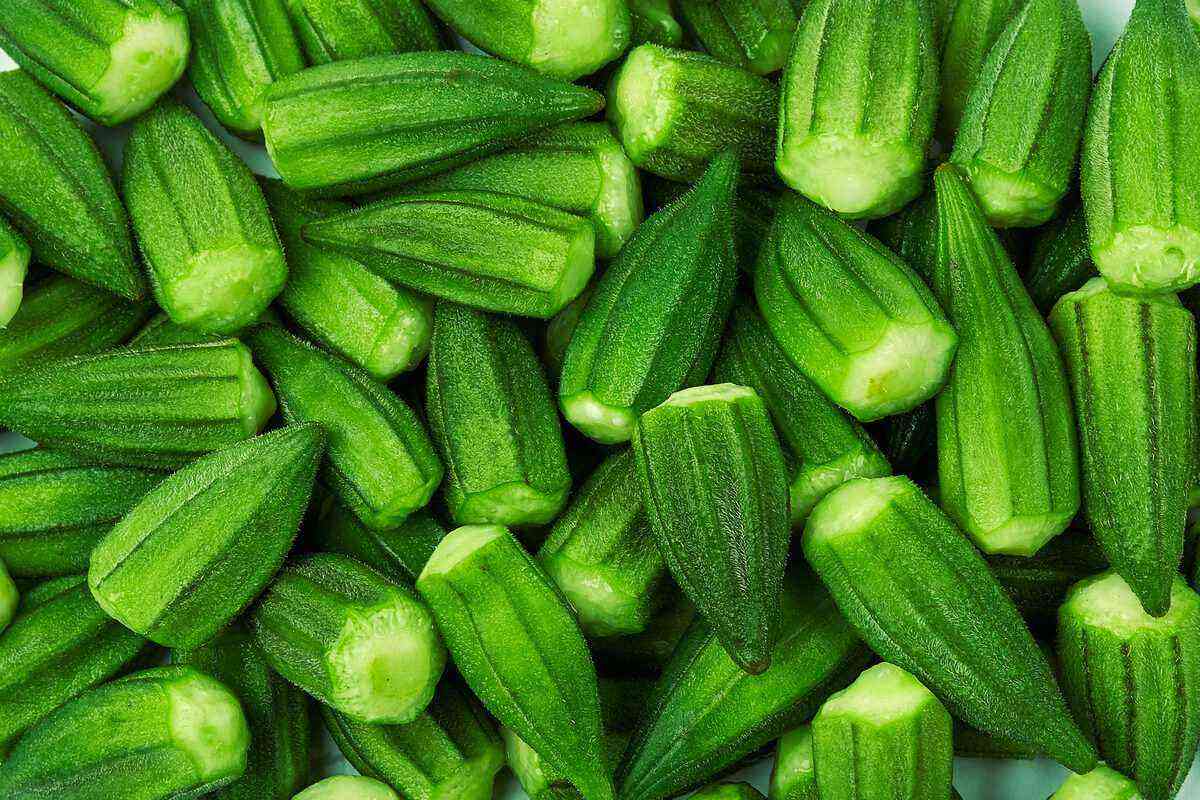Who hasn’t heard that the day only starts with a good cup of coffee, that a good finger of prose begins around a coffee table or even that smelling coffee even improves the mood? There’s no way to start the day without coffee, but not only in the morning.
Having a hot coffee is a great pleasure for those who enjoy the drink. The taste has won countless connoisseurs who have incorporated the product into their lives.
It is not only in the taste of Brazilians, but has gained the foreign market conquering new audiences and innovating every day.
Much is said about the benefits of coffee, among them we highlight:
- Accelerates metabolism and burns calories;
- Increases life expectancy;
- Decreases the risk of depression;
- Strengthens memory, ensures more attention behind the wheel;
- It strengthens the heart, decreases diabetes, relieves the symptoms of Parkinson’s disease;
- Protects against Alzheimer’s among other benefits.
How to enjoy all that coffee provides? Having a quality final product that translates its freshness, aroma and flavor and also guarantees its food safety.
Coffee production process
Knowing the process that coffee goes through is important to know the care and dedication given to each one of them and it all starts with the choice of the varieties to be cultivated.
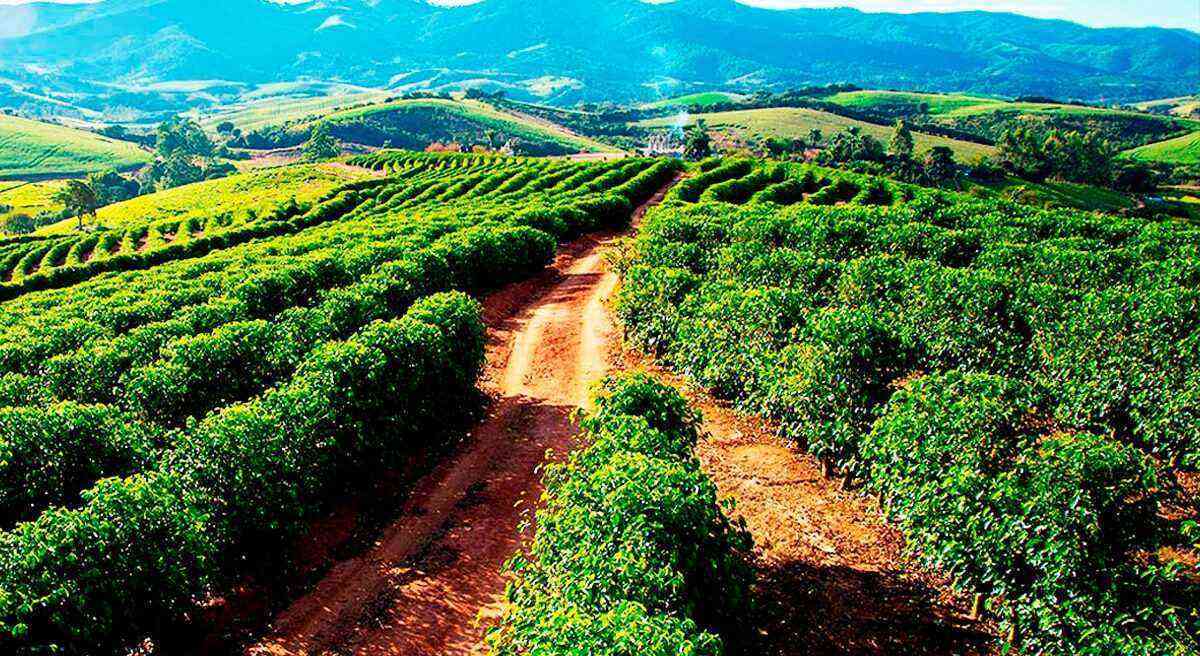
In coffee farming, the variety chosen must have a good origin to ensure quality production.
As soon as the variety(s) is chosen, the search begins for the acquisition of seedlings to start planting, whether from our own nurseries or from third parties.
If the seedlings are purchased, their acquisition must be carried out through:
- Invoices for the purchase and sale of seeds and seedlings;
- Copy of the Seeds or Seedlings Certificate or of the Declaration of Conformity of the seed or seedling being commercialized;
- In transport, transit with the Vegetal Transit Permit – PTV, when the legislation so determines.
They are means of proving and certifying the quality of the seedlings and that the production was carried out using healthy and productive fruits. From this choice, follow the other processes:
Seeding
It is necessary to prepare the soil – to ensure that it receives the proper care. Plants need to be cared for – watered and fertilized constantly, to ensure they receive all the nutrients responsible for their high quality.
Harvest
In order for the coffee to be of extremely high quality, it is necessary that only the fruits that are fully ripe are harvested.

At the time of coffee harvest, care must be taken not to affect the quality of the fruit.
When starting the coffee harvest, all care must be taken in order to preserve the quality of the fructose and its integrity;
Seck
It can be the traditional one (dried in the sun) or with dryers (machines) that optimize the time of removing the remains of the husks and polishing the grains.
coffee roast
It is the most important part of the whole process, because it is only after the beans are roasted that they show the characteristics that distinguish them when drinking.

Roasting is a very important step in the coffee production process because it directly influences the quality of the beverage.
Milling
The grinding is intended to reduce the coffee beans to powder. If the coffee is brewed soon after this process, it will have an even more intense aroma and flavor.
Prepair
There are numerous ways to prepare coffee. The consumer can do it in different ways: in ground grains or in capsules using different techniques.
The market currently demands quality coffee, often paying more for this quality.
Quality coffee production
Therefore, care in the pre-harvest, harvest, preparation, drying, storage and processing are very important because they complement all the others carried out during the production cycle of the culture, seeking to obtain a quality coffee.
The producer’s quest is to guarantee the consumer quality and food safety based on respect for his audience.
Also check out the main coffee producing regions in Brazil.
